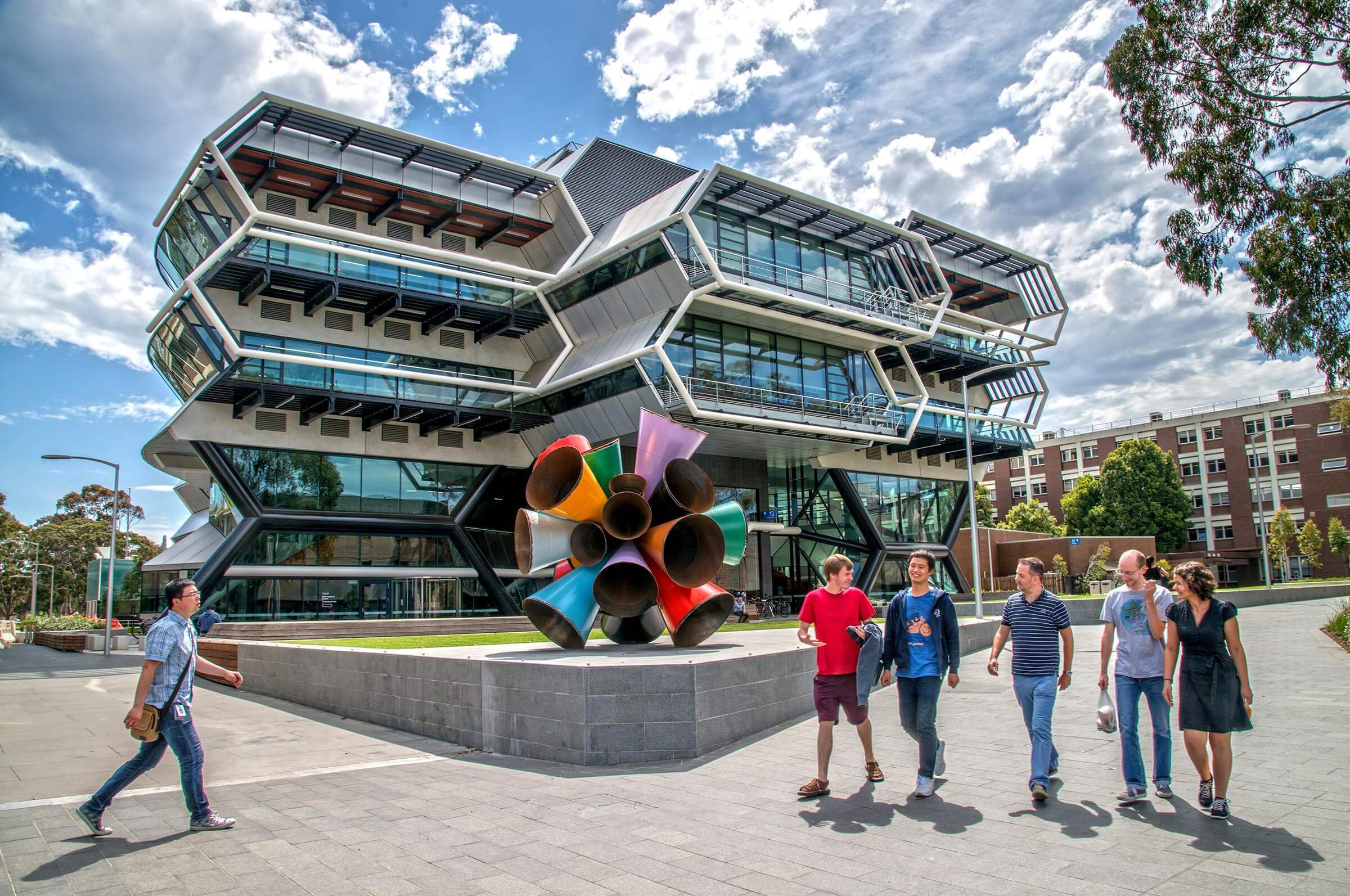Monash University
Creating Agility for a Fast-paced Alumni Engagement Team
Together with Monash Alumni, we co-designed a system with their engagement team to enable greater agility to reach and adapt.
AGILITY • WAYS OF WORKING • STRATEGY
THE OPPORTUNITY
The Alumni Engagement team at Monash University run campaigns, events and supports the organisation with alumni engagement activity.
When we first partnered with them, they were coming together as a new team and looking to work more effectively in a fast-paced and multi-stakeholder environment.
The team have a lot of work that comes into them, and things change very quickly. So, they needed some structure whilst maintaining their output.
Our Approach
To kick things off, we started by explaining some of the key concepts in working with agility. This was about having the same agile mindsets of collaboration, trust, communication, transparency and respect.
Following this, we mapped out all the work the team had on and was coming in the near term of the next few months.
With this information, we started to find a logical grouping of what were the key drivers for the work with the intention of understanding how work was being prioritised.
After arranging this information, we began the process of prioritising work that should happen in this coming quarter and what should be left till later.
We allocated the work by having the team self-organise on who should be doing what work.
We then co-designed how the work should be visualised, we choose a status-kanban flow and put the work on Trello.
Once this was in place, we then designed an operating rhythm to review and check the work, determining 2-week sprints as an ideal rhythm to begin with, with 15-minute stand-ups every 2-3 days and a 1-hour sprint planning session for planning the upcoming week’s work.
The team was then coached on how to write their cards and run their agile ceremonies over the next 6 weeks.
After defining the work and testing their new operating rhythm the team also defined the ideal state for how they wanted to operate as a team. Things like: We are an empowered team. We enjoy the work we do. Our work is strategic and is making an impact. We optimise our processes. These were meant to be reviewed periodically as guidelines to understand where they were at and what actions could be taken to get closer to the ideal state.
The Results —
Accountability
The team had control over the work as they always knew the status of the work, what was in play and who was accountable for it
Strategic headspace
The manager of the team could take a less hands on approach and could look at work more strategically
Proactivity
The team were enabled to be more proactive with the work and could act without waiting to be prompted
Work visibility
Risks and blockers could be easily managed as they were visible to the team
Effective communication
More robust conversations could be had about the team’s capacity and what to prioritise and deprioritise with the visualisation of the work
“Neu21 helped us set up a system that allowed us to work together more efficiently and take ownership of our individual roles. Thanks to Arnie and Juanita for their guidance, our team has become more agile, productive, collaborative, and aligned. Highly recommend them!”
Caroline Scully
Deputy Director, Alumni Engagement








